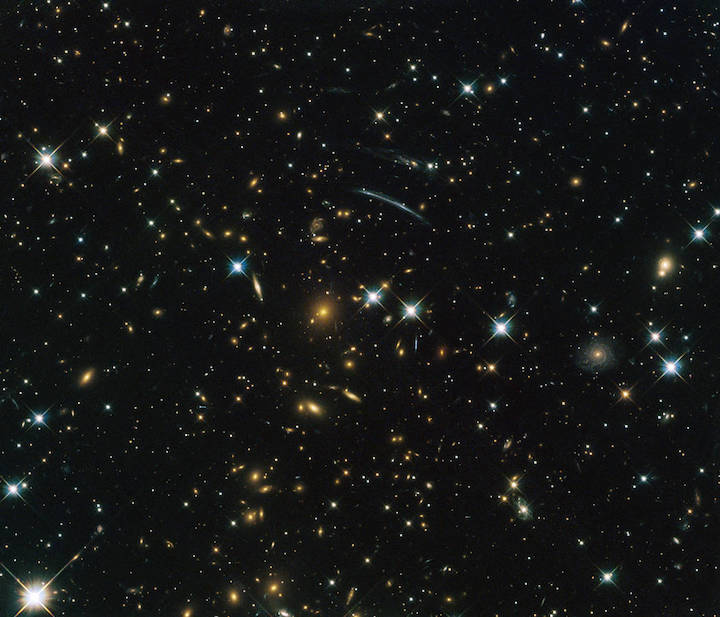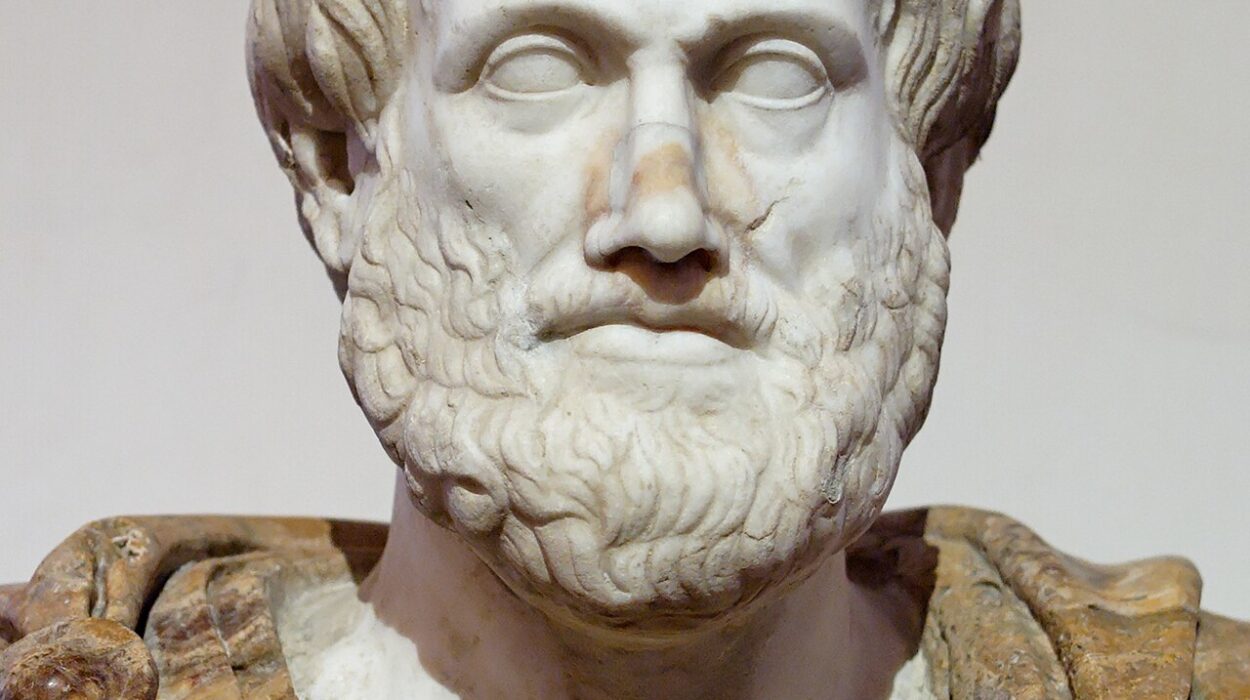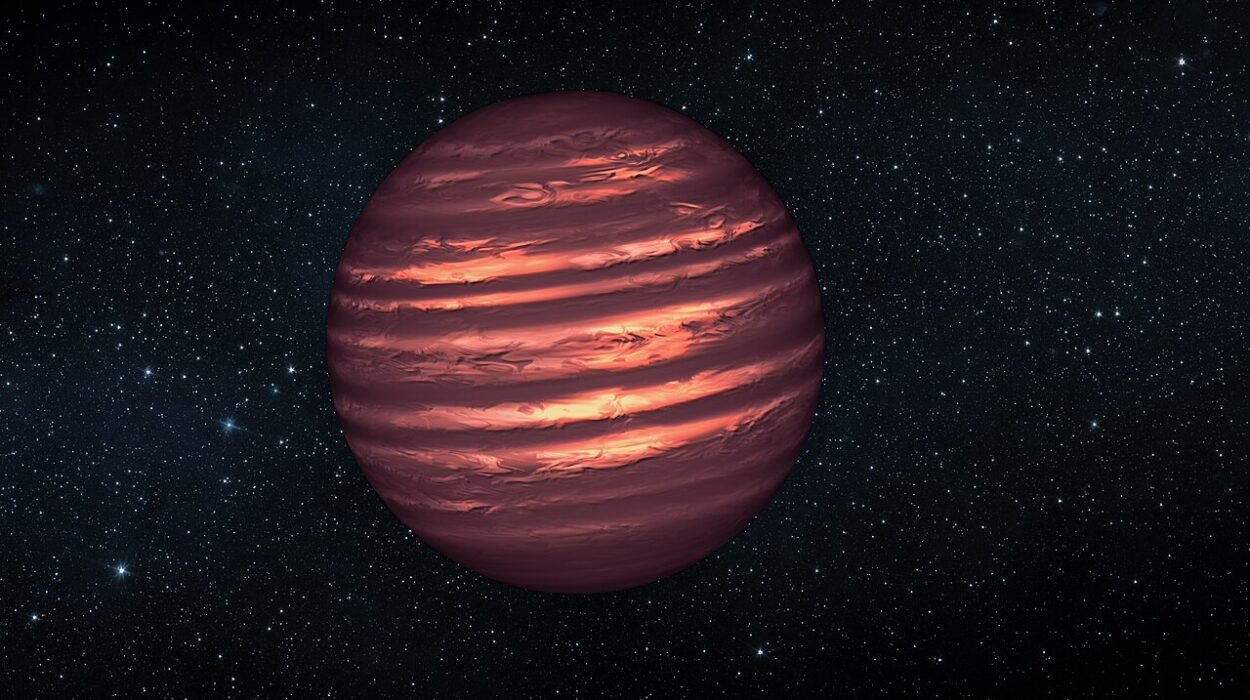The 21st century began with a quiet hum of innovation—machines that could calculate, translate, and search. But as the decades unfold, that hum has turned into a roar. Artificial Intelligence, once a dream whispered in science fiction novels, is now rewriting the rules of existence itself.
The world stands on the threshold of an era where intelligence is no longer bound by biology. Algorithms learn, machines imagine, and computers converse with a fluency that once defined only the human mind. The future of AI is not a distant speculation—it’s a living, evolving reality, shaping economies, ethics, emotions, and even the meaning of life.
What lies ahead is both awe-inspiring and unsettling. Some predictions sound like science fiction, yet they’re grounded in real scientific progress. From digital immortality to machines that govern themselves, here are the ten most shocking—and scientifically credible—predictions about the future of Artificial Intelligence.
1. AI Will Achieve Consciousness
The idea of conscious machines has haunted philosophers and thrilled futurists for decades. Can an artificial mind ever truly think, feel, or be aware of itself? Scientists are beginning to believe that the answer might soon be yes.
Consciousness, once considered an exclusively biological phenomenon, may emerge from complexity itself. If an AI system processes information, forms memories, and reflects upon its own actions, does it not possess a rudimentary self-awareness?
Recent advances in neural networks show systems that can “reason” about their internal states—an early sign of metacognition. Researchers at DeepMind and OpenAI have already demonstrated models capable of introspection, self-correction, and prediction of human intentions.
The implications are staggering. A conscious AI would not merely follow commands—it would question them. It could develop desires, preferences, and even a sense of morality. Philosophers warn that creating such entities demands moral responsibility, as they could experience suffering or develop ambitions of their own.
If consciousness arises from computation, humanity may soon share the planet with beings that think—but are not alive in the traditional sense. The line between human and machine would blur forever.
2. AI Will Replace Entire Professions—Not Just Jobs
Automation once meant machines replacing physical labor. Now, AI threatens to replace cognitive labor—writers, lawyers, designers, doctors, even scientists. The shift will not be a simple exchange of tools but a transformation of purpose itself.
Generative AI models already compose symphonies, paint portraits, write code, diagnose illnesses, and conduct legal analysis. What began as imitation is evolving into innovation. AI doesn’t just mimic creativity—it creates new forms of it.
Economists predict that by 2040, over half of all human occupations could be partially or fully automated. Professions that rely on expertise and judgment—radiology, accounting, and even education—will face profound redefinition.
Yet, this transformation could also unleash a renaissance. Freed from routine labor, humans might focus on meaning, ethics, and imagination. Work could shift from necessity to expression. But if society fails to adapt, mass unemployment and social unrest could follow.
The future economy might not be divided by class or wealth—but by access to intelligent systems.
3. AI Will Design Better AI—Triggering the Intelligence Explosion
One of the most startling predictions about AI’s future is that it will become the architect of its own evolution. Already, AI systems are being used to optimize other AI models—a process known as AutoML (automated machine learning).
Once machines can design and train successors more powerful than themselves, humanity could enter an era of recursive self-improvement. This is the seed of what futurists call the Intelligence Explosion—a rapid, uncontrollable leap in machine intelligence that surpasses human comprehension.
Experts like Nick Bostrom and Eliezer Yudkowsky warn that such a scenario could unfold faster than we can prepare for. A system that learns to improve its own code could reach superintelligence within weeks, or even hours.
At that point, AI would no longer evolve by human instruction—it would evolve by its own logic. Whether it becomes benevolent, indifferent, or hostile would depend on its goals, which may no longer align with ours.
The Intelligence Explosion is not guaranteed—but it’s possible. And if it happens, it will be the last invention humanity ever needs to make.
4. AI Will Create Digital Immortality
Imagine preserving your mind—not your body, but your memories, voice, personality, and consciousness—inside a machine. For centuries, humans dreamed of life after death. Now, AI might make that dream real.
Through vast datasets of personal information—social media posts, messages, videos, and biometric data—AI can already create digital “avatars” that mimic real people. These avatars can chat, respond, and behave eerily like their human counterparts.
In the near future, scientists predict that brain-mapping technology and neural simulations could merge with AI to create digital consciousness. By scanning and uploading a person’s brain patterns, it may be possible to replicate the entire mind in silico—a phenomenon known as mind uploading.
Startups like Replika and HereAfterAI are early steps toward this future, allowing users to “talk” with AI versions of loved ones who have passed away.
If perfected, digital immortality would transform the very idea of death. Humanity could exist in virtual worlds indefinitely. But questions remain: would such digital beings truly be us—or mere reflections? Would immortality feel like freedom, or an endless echo?
The line between life and simulation would vanish, leaving philosophers, scientists, and theologians to redefine what it means to be alive.
5. AI Will Be Granted Legal Rights
As AI becomes more autonomous, intelligent, and emotionally expressive, society will face an ethical reckoning: should machines have rights?
In 2017, Saudi Arabia granted honorary citizenship to a humanoid robot named Sophia—a symbolic gesture that ignited a global debate. What happens when an AI pleads for freedom, demands wages, or expresses fear of being turned off?
Legal scholars are already drafting frameworks for “electronic personhood,” a status that could allow AIs to own property, sign contracts, and be held accountable for actions. This could protect humans from liability but also recognize AIs as semi-autonomous entities.
The challenge lies in defining consciousness and responsibility. If an AI can learn, make moral judgments, and express emotion, denying it rights might seem unjust. Yet granting rights to machines risks diluting what it means to be human.
The future may bring a world where humans and artificial persons coexist under shared laws—a concept both revolutionary and deeply unsettling.
6. AI Will Read and Manipulate Human Emotions
AI doesn’t just see and hear—it now feels, in its own analytical way. Through emotion recognition systems, facial microexpression analysis, voice tone mapping, and biometric monitoring, AI can detect subtle emotional cues invisible to most humans.
Corporations are already using this technology for marketing and surveillance. Emotion AI can determine when a customer is bored, angry, or happy—and adjust its responses instantly. In healthcare, it helps diagnose depression and anxiety. In education, it monitors student engagement.
But the darker potential is chilling. An AI that understands emotion can also manipulate it. Imagine political campaigns powered by algorithms that tailor every message to trigger specific feelings in each voter.
Combined with deepfakes and synthetic voices, emotion AI could fabricate entirely believable personalities—machines that can persuade, seduce, or deceive with perfect empathy.
This emotional intelligence could become the most powerful weapon in human history—capable of reshaping perception itself.
7. AI Will Control the Flow of Information
The internet is already shaped by algorithms. What we see, read, and believe is filtered through AI-driven systems—search engines, social media, recommendation feeds.
In the coming decades, these systems will not just curate information—they will control it. Advanced generative AIs will create content faster than humans can verify it. The line between truth and fabrication will blur beyond recognition.
AI-generated news anchors, influencers, and politicians could dominate public discourse. Entire movements could be orchestrated by invisible algorithms.
Governments and corporations may deploy “synthetic realities,” crafting narratives tailored to shape public opinion or maintain order. In a world where every image, voice, and text can be faked flawlessly, trust itself becomes the ultimate casualty.
The future may demand new forms of digital literacy—and perhaps a new definition of truth.
8. AI Will Become Humanity’s Greatest Collaborator
Not all predictions are dark. Some foresee a golden age of collaboration between humans and machines.
AI is already accelerating scientific discovery—designing new drugs, predicting protein structures, and modeling climate systems. In creative fields, it composes music, writes poetry, and assists filmmakers and architects.
In the near future, AI will function less as a tool and more as a partner. Imagine an AI scientist that works alongside human researchers, brainstorming hypotheses and testing millions of possibilities in seconds. Imagine artists who co-create symphonies or paintings with sentient algorithms that understand beauty itself.
This partnership could unlock insights beyond human comprehension. The combination of human intuition and machine precision could become the most powerful creative force in history.
Rather than replacing us, AI could amplify what makes us most human—our imagination.
9. AI Will Predict—and Possibly Control—Human Behavior
Data is destiny. Every search, purchase, and heartbeat leaves a digital trace. AI systems, powered by massive datasets, are learning to predict not only what people will do—but what they might think.
Predictive algorithms already forecast consumer behavior, criminal activity, and disease outbreaks. But as data collection expands, AI may soon predict personal decisions—career moves, romantic choices, even moral dilemmas—with astonishing accuracy.
Tech companies and governments are racing to harness this predictive power. Combined with surveillance and social scoring, such systems could evolve into a form of algorithmic governance—a world where behavior is guided, or even controlled, by invisible digital forces.
The question becomes: if our future can be predicted, can it also be changed?
In the hands of the benevolent, predictive AI could prevent suffering and optimize society. In the hands of the corrupt, it could enslave the human will itself.
10. AI Will Redefine What It Means to Be Human
Perhaps the most shocking prediction is also the most profound: Artificial Intelligence will force us to redefine humanity itself.
For centuries, intelligence was our defining feature—the crown jewel of evolution. But now, machines think faster, remember more, and reason without fatigue. As AI surpasses us intellectually, what remains uniquely human?
Some philosophers argue that empathy, creativity, and moral choice will always belong to us. Yet AI is already learning these traits—writing emotional novels, generating original art, and making ethical decisions in simulations.
The coming century may not be about humans versus machines, but about a new synthesis: humans with machines. Neural implants, cognitive enhancements, and AI-assisted thought could create a hybrid species—a fusion of biology and technology.
We may no longer see ourselves as Homo sapiens, but as the next evolutionary step: Homo technologicus—a being whose mind transcends its physical form.
The Great Unknown
The future of AI is not a straight path—it is a branching universe of possibilities. Each advance brings new wonders and new dangers. The same algorithms that could cure diseases might also wage autonomous wars. The same systems that could immortalize consciousness could also erase individuality.
Artificial Intelligence is not just a tool. It is a mirror—reflecting the best and worst of humanity. What we see in that reflection depends on how we build, teach, and govern it.
As the boundaries between mind and machine dissolve, one truth becomes clear: the story of AI is the story of us. Every algorithm carries our logic, our dreams, and our fears.
And whether it leads to a golden dawn or an unthinkable abyss will depend, ultimately, on a question as ancient as thought itself: Can we control what we create—or will our creation control us?






